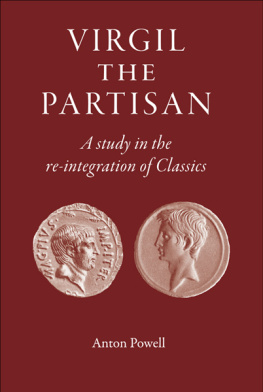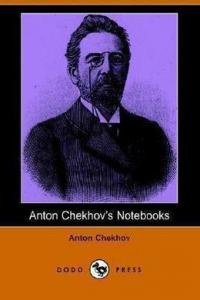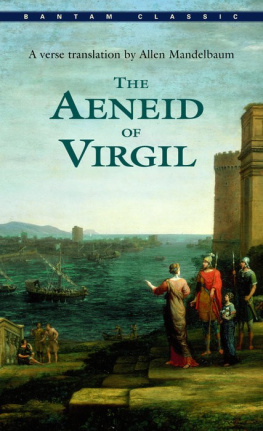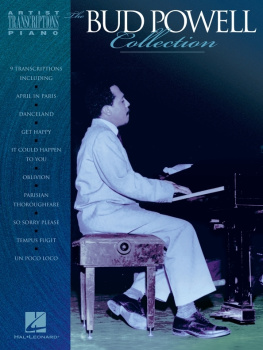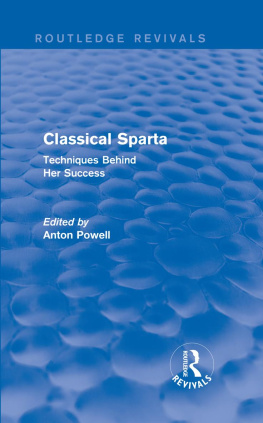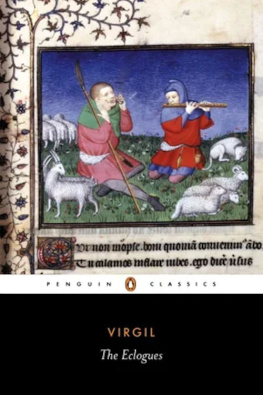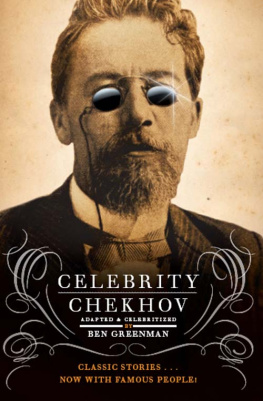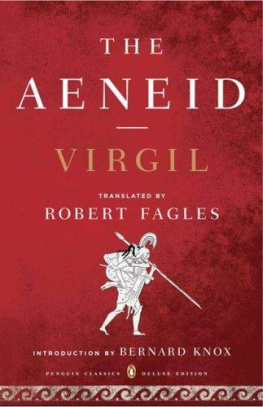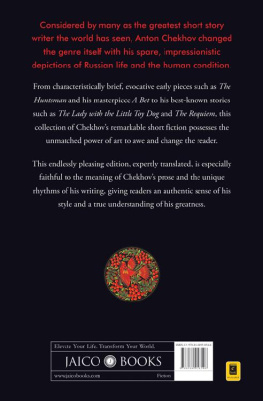Powell Anton. - Virgil the Partisan
Here you can read online Powell Anton. - Virgil the Partisan full text of the book (entire story) in english for free. Download pdf and epub, get meaning, cover and reviews about this ebook. year: 2013, publisher: ISD Distribution, genre: Art. Description of the work, (preface) as well as reviews are available. Best literature library LitArk.com created for fans of good reading and offers a wide selection of genres:
Romance novel
Science fiction
Adventure
Detective
Science
History
Home and family
Prose
Art
Politics
Computer
Non-fiction
Religion
Business
Children
Humor
Choose a favorite category and find really read worthwhile books. Enjoy immersion in the world of imagination, feel the emotions of the characters or learn something new for yourself, make an fascinating discovery.
- Book:Virgil the Partisan
- Author:
- Publisher:ISD Distribution
- Genre:
- Year:2013
- Rating:3 / 5
- Favourites:Add to favourites
- Your mark:
- 60
- 1
- 2
- 3
- 4
- 5
Virgil the Partisan: summary, description and annotation
We offer to read an annotation, description, summary or preface (depends on what the author of the book "Virgil the Partisan" wrote himself). If you haven't found the necessary information about the book — write in the comments, we will try to find it.
Virgil the Partisan — read online for free the complete book (whole text) full work
Below is the text of the book, divided by pages. System saving the place of the last page read, allows you to conveniently read the book "Virgil the Partisan" online for free, without having to search again every time where you left off. Put a bookmark, and you can go to the page where you finished reading at any time.
Font size:
Interval:
Bookmark:
First published in 2008 by
The Classical Press of Wales
15 Rosehill Terrace, Swansea SA1 6JN
Tel: +44 (0)1792 458397
Fax: +44 (0)1792 464067
www.classicalpressofwales.co.uk
Distributor
Oxbow Books,
10 Hythe Bridge Street,
Oxford OX1 2EW
Tel: +44 (0)1865 241249
Fax: +44 (0)1865 794449
Distributor in the United States of America
The David Brown Book Co.
PO Box 511, Oakville, CT 06779
Tel: +1 (860) 9459329
Fax: +1 (860) 9459468
2008 The author
All rights reserved. No part of this publication may be reproduced, stored in a retrieval
system, or transmitted, in any form or by any means, electronic, mechanical, photocopying,
recording or otherwise, without the prior permission of the publisher.
ISBN 978-1-905125-21-0
PRINT ISBN: 978-1-905125-54-8
EPUB ISBN: 978-1-905125-93-7
PRC ISBN: 978-1-905125-94-4
A catalogue record for this book is available from the British Library
Typeset by Ernest Buckley, Clunton, Shropshire
Printed and bound in the UK by Gomer Press, Llandysul, Ceredigion, Wales
The Classical Press of Wales, an independent venture, was founded in 1993, initially to support the
work of classicists and ancient historians in Wales and their collaborators from further afield. More
recently it has published work initiated by scholars internationally. While retaining a special loyalty to
Wales and the Celtic countries, the Press welcomes scholarly contributions from all parts of the world.
The symbol of the Press is the Red Kite. This bird, once widespread in Britain, was reduced by 1905 to some
five individuals confined to a small area known as The Desert of Wales the upper Tywi valley. Geneticists
report that the stock was saved from terminal inbreeding by the arrival of one stray female bird from Germany.
After much careful protection, the Red Kite now thrives in Wales and beyond.
To
Hans-Peter Stahl
CONTENTS
PART I
Studying Virgil and The established partisan: The Aeneid
PART II
Partisan in the making: The Eclogues and Georgics
ACKNOWLEDGEMENTS
My numerous debts are gladly acknowledged. Many of them, taken together, serve for me as a reminder in microcosm of the historic sophistication of Manchester and its region. Accordingly, and from afar, I thank first Ernest Buckley from Milnrow. Scholar, technician and diplomat and formerly Rural Dean of the Clun Forest Deanery he has designed and typeset every book from the Classical Press of Wales, and made the Presss priorities his own. I am fortunate to know him. Lucy Holden, formerly prize-winning classicist of Edinburgh University and more recently Head of Classics at Withington Girls School, over years gave practical and moral support to the writing of this book. Ian Lambert, from Failsworth, initially my student at the Working Mens College and subsequently a wise friend, helped me on points of psychology. Ian McCannah, from Old Trafford, by his enterprise and integrity created in London a professional organization which underpinned the finances of the Press, and of my own writing. The polymathic classicist Daniel Ogden, once of Manchester Grammar School, has read the book in draft and much improved it in structure as well as detail. Rachel Williams, an animatrice of Classics at Manchester Grammar School, has contributed to the book in detail; her exceptional students informed and encouraged its author.
Much research for the book was done in France, in the superb library of the Ecole Normale Suprieure, Paris. Colleagues of the Ecole to whom I am indebted are Francis Prost, Monique Trd and Franois Menant. From other French institutions, three colleagues are to be warmly thanked for their intellectual generosity, and practical kindness: Pierre Brul (of Rennes II), Jacqueline Christien (Nanterre) and Nicolas Richer (ENS, Lyon). The ideas and the friendship which I have encountered in France have been an inspiration.
I have benefited from the unfailing friendship of the philologist Michael Benskin (of Oslo) and the mathematician Susan Friedlander (of the University of Southern California). Michael Lipton, development economist, inspired by his virtuoso combination of intellectual methods. Merle Lipton taught me much about the politics of South Africa. Stephen Mitchell in Swansea created enduring structure for a University of Wales institute. Annette Davies, also of Swansea, provided remarkable intelligence concerning academic psychology.
Three senior Latinists kindly improved this work. Philip Hardie showed characteristic generosity and patience in the face of my unconventional approach to a revered ancient author. His judgements have been taken to heart. John Trappes-Lomax, textual critic and friend of many years, improved content and style throughout. And Leofranc Holford-Strevens fortified the author both by his interest and by his valued criticisms.
Ioanna Kralli, hellenistic historian, gave valued encouragement as well as practical support in Athens.
I thank my daughters for countless forms of encouragement, all the more inspiring because they would not have seen it as such. Annie Powell said, over years, that she was looking forward to the appearance of V the P. Eva Powell, after a childhood resolutely committed to the Rug Rats, the Spice Girls and Britney Spears, when sixteen told me unexpectedly with maximum coolness that she was getting quite interested in Athenian democracy.
I record my gratitude to each of my parents: to my father, the Germanist Hugh Powell, who used both determination and finesse to ensure that his son should have a Classical education; and to my mother, who in my childhood always answered my questions.
Finally, I have had the honour to know two classical scholars who each have been an example in their field, each a master of architecture and of detail: Geoffrey de Ste Croix and Hans-Peter Stahl. The former showed that, if only in rare cases such as his, partisanship was compatible with the highest standard of argument. To the latter my debt is even more obviously personal. Without his intervention as (then) a stranger, an article of my own on Virgil from 1992, which now appears a sketch for part of this book, would probably have been as far as Latin poetry was concerned a permanent sheath for my quill. I hope he will not regret his responsibility. Until the mid-1990s I had known of two separate Stahls: the author (in German) of perhaps the best argument on Thucydides of the twentieth century, and the author (in English) of a definitive study of Propertius. But these Stahls were one and the same. This may inspire others, if only as would-be epigones, to attempt to combine Greek with Roman studies. It is for many reasons that the book is dedicated to him.
PREFATORY NOTE
The text of Virgil followed is that of R.A.B.Mynors. References to Appian are throughout to his Civil Wars. Servius is used almost indiscriminately to refer to items in the Servian corpus. Dates are BC unless otherwise indicated.
CHRONOLOGY
The tables below show main political developments referred to in this book, alongside conventional dates for Virgils own activity.
Assassination of Julius Caesar. | |
Antony, Octavian and Lepidus, the Triumvirs, conduct massacre of opponents and of the rich, the proscriptions. Death of Cicero. Popular resistance to proscriptions. | |
43/2 | Sextus Pompeius, outlawed, takes control of Sicily and the western Mediterranean. |
Battle of Philippi: Antony (with Octavian) defeats Republicans under Brutus and Cassius. Widespread seizure of Italian land by Octavian and Antony, to be given to veteran soldiers of the Philippi campaign. |
Font size:
Interval:
Bookmark:
Similar books «Virgil the Partisan»
Look at similar books to Virgil the Partisan. We have selected literature similar in name and meaning in the hope of providing readers with more options to find new, interesting, not yet read works.
Discussion, reviews of the book Virgil the Partisan and just readers' own opinions. Leave your comments, write what you think about the work, its meaning or the main characters. Specify what exactly you liked and what you didn't like, and why you think so.

